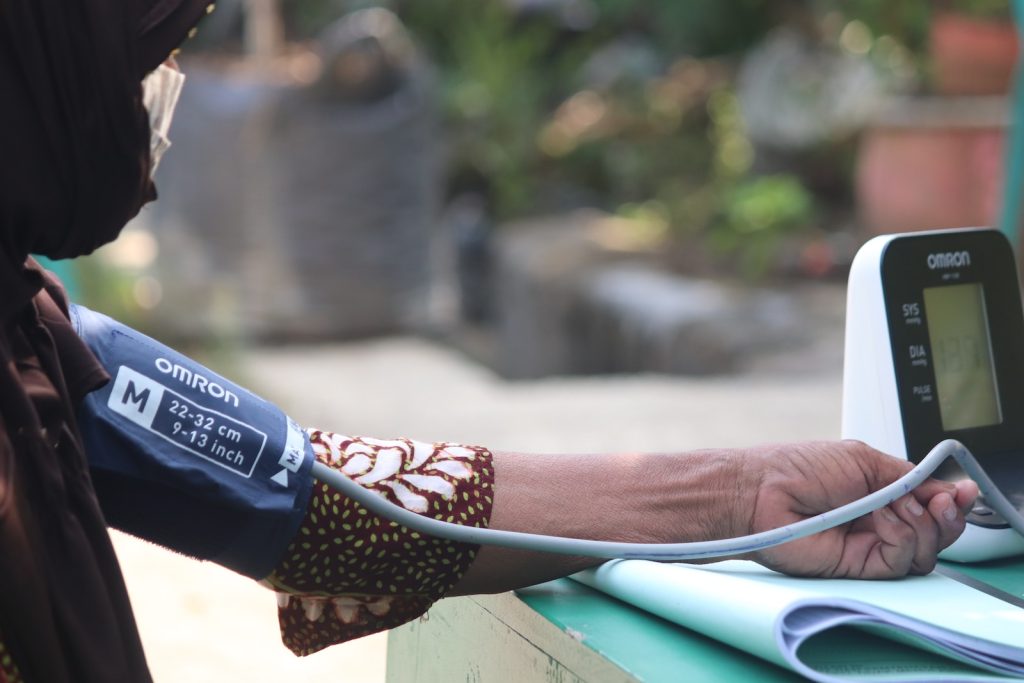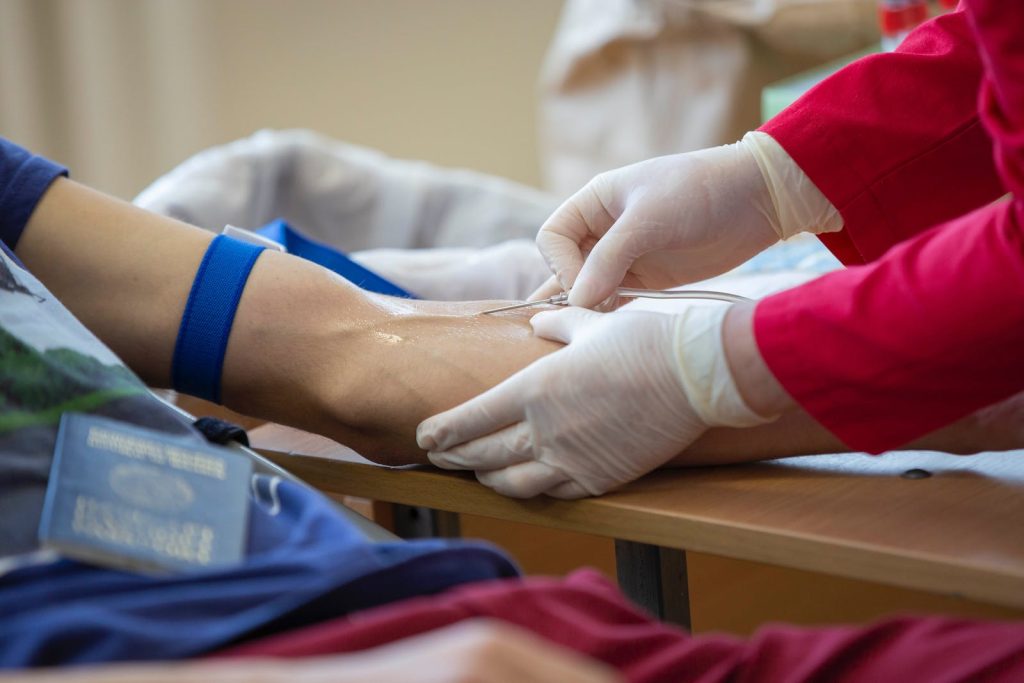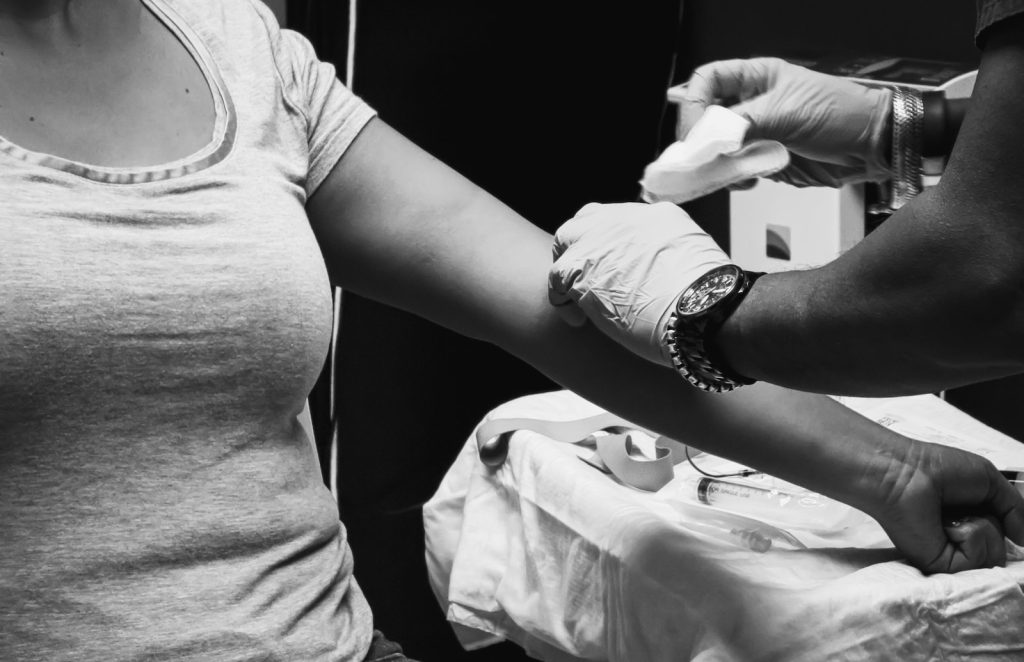
If you are looking for a way to make a positive difference in the world, consider becoming a blood donor. Blood donation is a safe, simple and painless procedure that can save lives. In this blog post, we will explain what blood donation involves, how it benefits others and how you can get started. Blood donation is the process of giving some of your blood to a blood bank or a hospital, where it is tested and stored for future use. Blood is needed for many reasons, such as treating injuries, surgeries, cancers, blood disorders and more. Every day, thousands of people rely on blood transfusions to survive.
It is safe because it is done by trained professionals who follow strict guidelines to prevent any infections or complications. You will be asked some questions about your health history and have your temperature, pulse, blood pressure and hemoglobin level checked before you donate. You will also receive a mini physical exam to make sure you are eligible to donate. Blood donation is simple because it only takes about 15 minutes to complete. You will lie down on a comfortable bed or chair and have a sterile needle inserted into your arm. The needle is attached to a bag that collects your blood. You can relax, read, listen to music or chat with the staff while you donate. You will not feel any pain, only a slight pinch when the needle goes in.


This might be painless because you will not experience any side effects or discomfort after you donate. You will be given some snacks and drinks to replenish your fluids and energy. You will also receive some instructions on how to care for yourself after the donation. You can resume your normal activities within a few hours, as long as you avoid heavy lifting and strenuous exercise.
Blood donation is rewarding because it can help up to four people in need. Your blood will be separated into different components, such as red cells, platelets and plasma, which can be used for different purposes. For example, red cells can carry oxygen to the tissues, platelets can help with clotting and plasma can replace lost fluids. Your blood type determines who can receive your blood. Some blood types are more rare than others, so your donation can be especially valuable. If you are interested in becoming a blood donor, you can find out more information on the website of your local blood bank or hospital. You can also call them or visit them in person to register and make an appointment. You will need to be at least 17 years old, weigh at least 110 pounds and be in good health to donate. You will also need to bring a valid ID and proof of address. Blood Donation is a great way to show your compassion and generosity to others. It is also a great way to improve your own health and well-being. By donating blood regularly, you can reduce your risk of heart disease, lower your cholesterol levels and boost your immune system. You can also feel proud of yourself for doing something good for humanity. We hope this blog post has inspired you to become a blood donor or to continue donating if you already are one. Thank you for your kindness and support.

A simple and rewarding way to help save lives.
Registration: DDSW/RWP/94-0413
League of Human Welfare
Copyright Lapm 2024. All rights reserved.